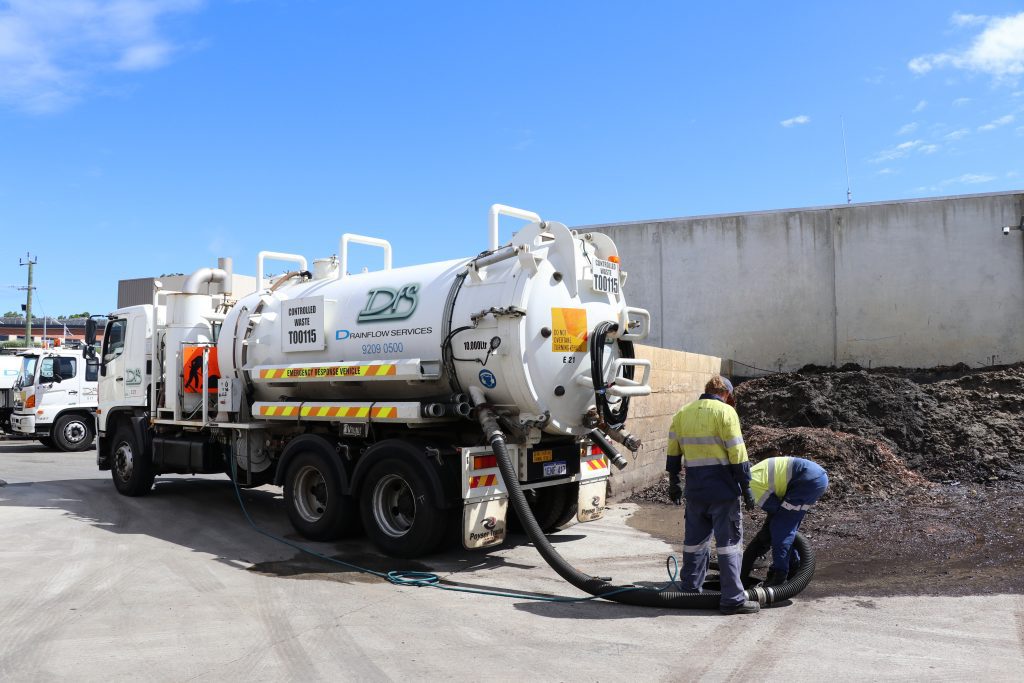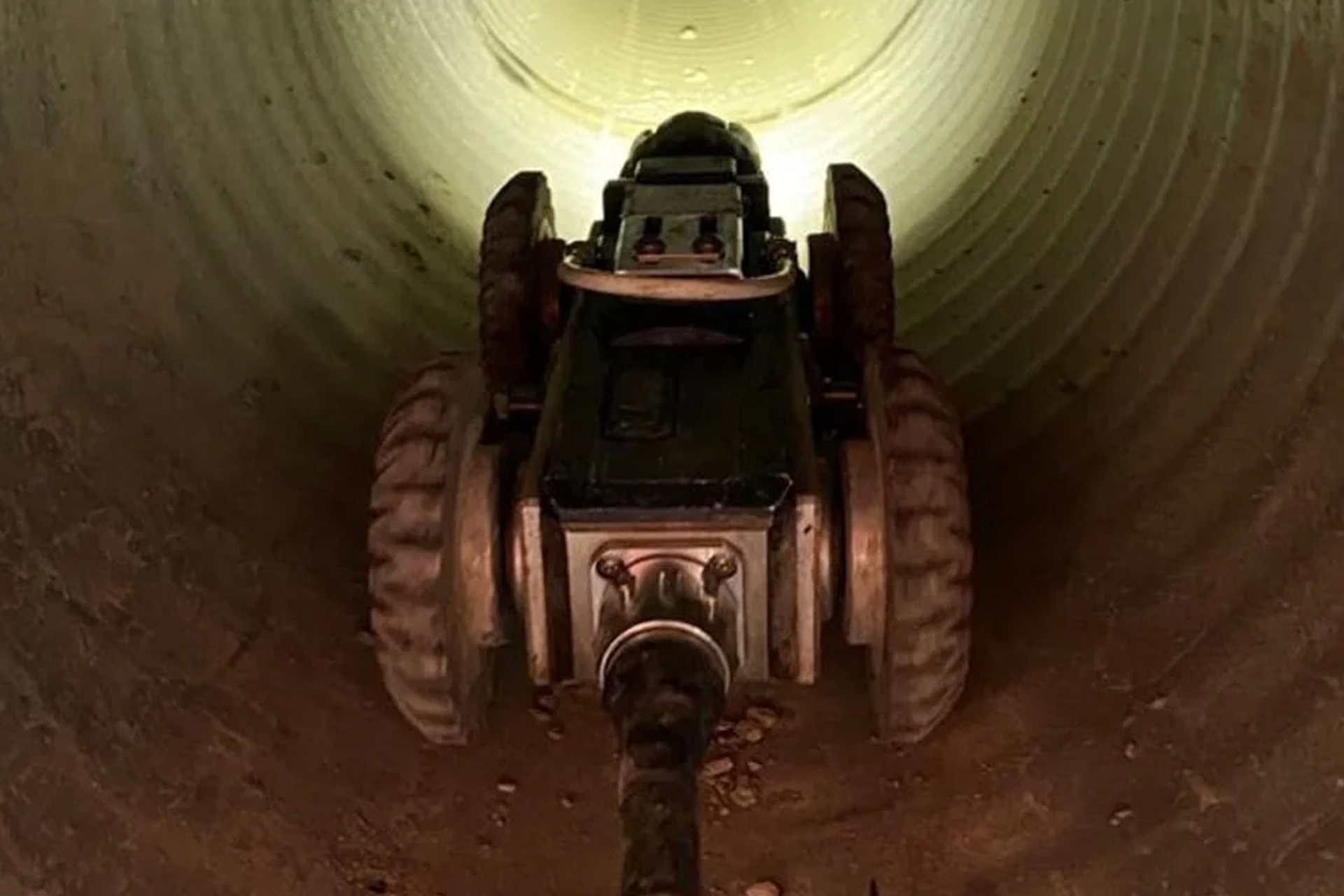Not known Facts About Reclaim Waste
Not known Facts About Reclaim Waste
Blog Article
The Ultimate Guide To Reclaim Waste
Table of ContentsGetting My Reclaim Waste To WorkExamine This Report about Reclaim WasteSome Known Factual Statements About Reclaim Waste The Basic Principles Of Reclaim Waste 5 Simple Techniques For Reclaim Waste
Check out the types, events, and kinds of fluid waste. Residential sewage waste describes the waste and products from a residential septic system. This type of waste is developed by people in houses, schools, and various other structures. This only consists of septic systems that have a drainpipe field. The appropriate management and disposal of domestic sewage waste require fluid waste to be transferred to a sewer therapy plant where the appropriate approaches and tools are used to cleanse and dispose of waste.
Industrial waste often consists of prospective risks, such as flammable materials or a blend of fluid and solid waste items, and needs a more advanced and comprehensive disposal process. The disposal of industrial waste typically involves the purification of waste prior to transport to make certain secure and proper disposal. Hazardous waste is created from byproducts and overflow of commercial processes and production.
This sort of waste can not utilize the exact same sewage management transport or procedures as septic or business fluids. The hazardous waste management process calls for the inspection and screening of liquid waste prior to it undertakes the disposal process (industrial wastewater treatment). Runoff waste is the fluid waste that originates from runoff and excess stormwater in highly inhabited areas or cities
Drainage waste can trigger contamination and flooding otherwise taken care of properly. Find out more concerning drain cleaning and waste management. Making sure proper waste management can avoid catastrophes and decrease ecological injury. Both individuals in property settings and experts in commercial or production industries can gain from understanding the processes and guidelines of liquid waste management.
7 Simple Techniques For Reclaim Waste
Contact PROS Solutions today to discover our waste management and disposal services and the appropriate methods to care for the fluid waste you generate.
(https://profile.hatena.ne.jp/reclaimwaste1/)Do you know what takes place to your water when you disengage, flush the commode or drain pipes the washing machine? No? Well, it deserves understanding. This so-called 'wastewater' is not only an essential resource yet, after treatment, will certainly be launched to our land, rivers or the ocean. Used water from commodes, showers, baths, cooking area sinks, laundries and commercial procedures is called wastewater.

water made use of to cool equipment or clean plant and tools). Stormwater, a type of wastewater, is drainage that streams from agricultural and metropolitan areas such as roof coverings, parks, yards, roads, paths and gutters into stormwater drains pipes, after rainfall. Stormwater flows unattended straight to local creeks or rivers, eventually reaching the sea.
Fascination About Reclaim Waste
In Queensland, a lot of wastewater is treated at sewer therapy plants. Wastewater is transported from domestic or commercial websites with a system of sewage systems and pump stations, recognized as sewerage reticulation, to a sewer therapy plant.
The Department of Natural Resources advises neighborhood governments concerning managing, operating and maintaining sewage systems and treatment plants. In unsewered areas, city governments might call for homeowners to set up individual or house sewer therapy systems to treat residential wastewater from toilets, cooking areas, shower rooms and washings. The Department of Natural Resources authorises the use of home systems when they are proven to be effective.
Many stormwater obtains no treatment. In some new neighborhoods, treatment of some stormwater to eliminate litter, sand and gravel has begun making use of gross contaminant traps. Wastewater therapy takes place in 4 phases: Eliminates strong matter. Bigger solids, such as plastics and various other items wrongly discharged to sewage systems, are gotten rid of when wastewater is passed through displays.
Utilizes small living microorganisms knows as micro-organisms to break down and get rid of remaining dissolved wastes and fine bits. Micro-organisms and wastes are incorporated in the sludge.
What Does Reclaim Waste Do?
Nutrient removal is not offered in all sewer therapy plants since it needs pricey specialist tools. It is becoming much more typical in Queensland. Clear liquid effluent generated after treatment may still consist of disease-causing micro-organisms. If this effluent is released into waterways such as rivers or the sea, the micro-organisms will at some point pass away out.

A lot of wastewater moves right into the sewage system. Under the Act, neighborhood governments carry out approvals and licences for environmentally relevant activities (ERAs) involving wastewater releases that may have a local influence.
What Does Reclaim Waste Mean?
Or else, samples are taken for laboratory analysis. Typically numerous tests are required to establish the levels of each of the different contaminants such as oils, hefty metals and chemicals in water. Monitoring gives factual info about water high quality my explanation and can verify that licence problems are being satisfied. The details gotten through surveillance offers the basis for making water high quality choices.
Report this page